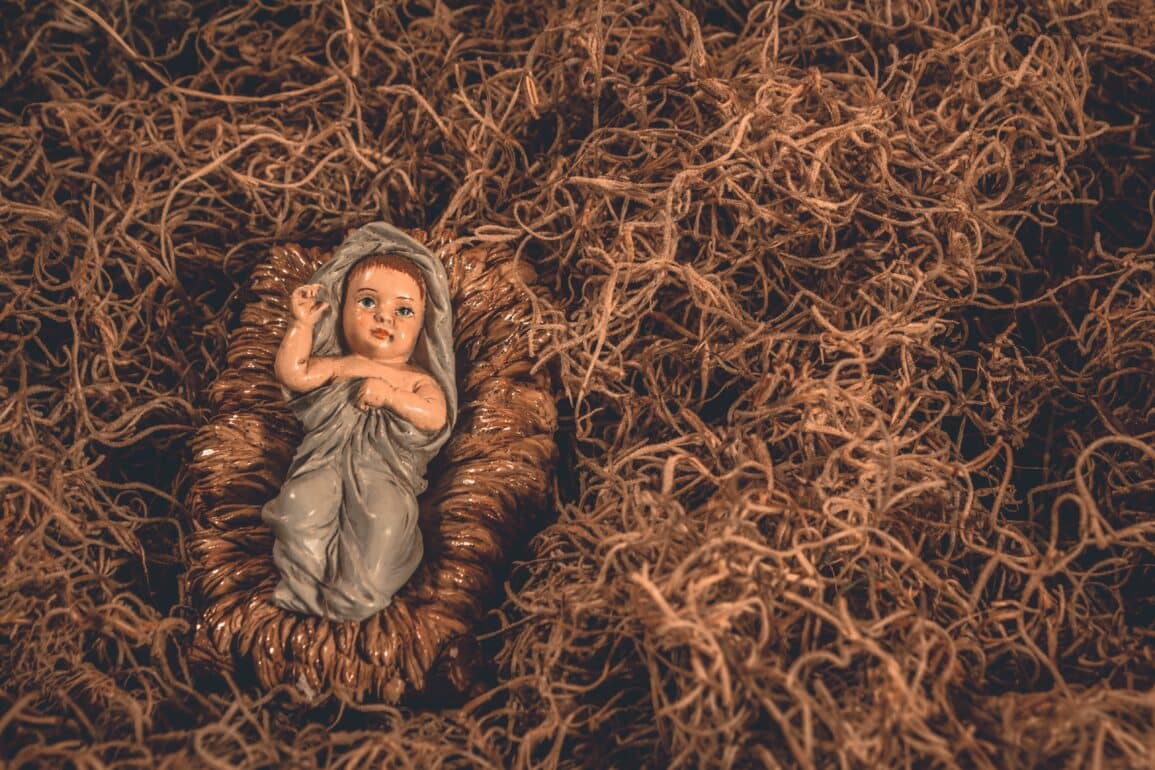And those of us who don’t like Christmas? Are we really that strange? Are there few people who suffer from “white depression” or “Christmas blues”? Do we perhaps have an “Evenezer Scrooge” or “Grinch” gene? Should I feel bad – worse – for feeling bad at Christmas if I am a Christian? Do we have objective reasons to be so?
I don’t want to be a party pooper, but it is a reality that many people expect Christmas to pass quickly. And strongly objective causes are not required. I suppose, for example, that for the few Christians in Gaza, Christmas will be rather bitter. Also people who spend their Christmas in the ICU, along with those who care for them and those who love them, will not have a particularly exciting holiday. Probably, many people who are alone or have lost their family, due to death or, for example, a divorce in which the woman takes the children with their parents and her new partner. Or people with very serious chronic illnesses, or with serious economic problems, or simply who have not managed to achieve their vital goals that year or, worse still, who consider the overall meaning of their life to have failed. If we add up, in our wounded society, there are not so few.
Sometimes the causes – somewhat mysterious, to be honest – can be more subtle. The nausea caused by Christmas advertising everywhere and in an exclusively consumerist way; The last straw is when half-naked “Christmas” girls appear. You can no longer find postcards with Christian motifs: the reindeer, the tree and Santa have replaced Jesus even in tropical countries, or in the southern hemisphere, where it is now summer. Realizing how, except in small and privileged areas, the protagonist of the party is American Express or Visa, but not Jesus. Seeing how the party is emptied of its original meaning, so that now an aseptic “Happy Holidays” is used, which is not really known what it means, beyond a few glasses of alcohol and some gifts. Seeing how, as a consequence, we find ourselves living meaningless social rituals, in which you are forced to put on a mask of happiness, more false than social media profiles and, of course, more bitter. In short, the sadness of confirming, much to our regret, the loss of the original meaning of Christmas.
This cause, rather cultural and sociological, is joined by other more intimate ones. Nostalgia for “the lost Christmas”, that is, the longed-for Christmases of childhood and adolescence, which were so eagerly awaited. Coupled with this, we see how, unlike those “wonderful years”, that wonderful gift that is “the illusion” has been largely lost and we do not know how to recover it. Living a Christmas without children, which is like a “dry Christmas”, precisely because they are the ones who provide the magical ingredients of illusion, naivety and wonder. Nostalgia for the loss of loved ones, so associated with those wonderful Christmases, such as grandparents and parents.
For people of faith, this feeling causes spiritual conflict. The pun is twisted even more, because the religious meaning of the holiday is one of deep joy and hope. Faith also tells us that the content of Christmas is real, objective. It is not a children’s story, like Santa coming through the chimney, or a consolation for losers. It is real: God became man and came down into the world, showing himself helpless, like a Child in the arms of his Mother. And, in doing so, he saved humanity. The spiritual force of what we commemorate should fill us with joy… it should, but it doesn’t. If we were saints I would, but we’re not… yet.
How to explain? Perhaps a common stratagem in Catholic theology will help us, which tells us that “God saved us,” but “that salvation has not yet been fully manifested.” That “already, but not yet”, with which the chaos of the world, the Church and personal life is magically explained. We know that this desired fullness will be a reality at the end of time, in eschatology, or in the lives of the saints, who in some way anticipate it. But in our life and in our time, we only have the wish that it passes soon, to return to our saving routine, and not think so much about what should be, but is not.










